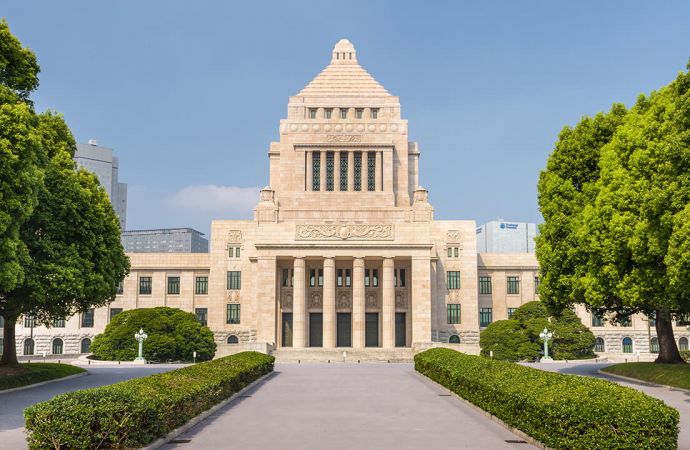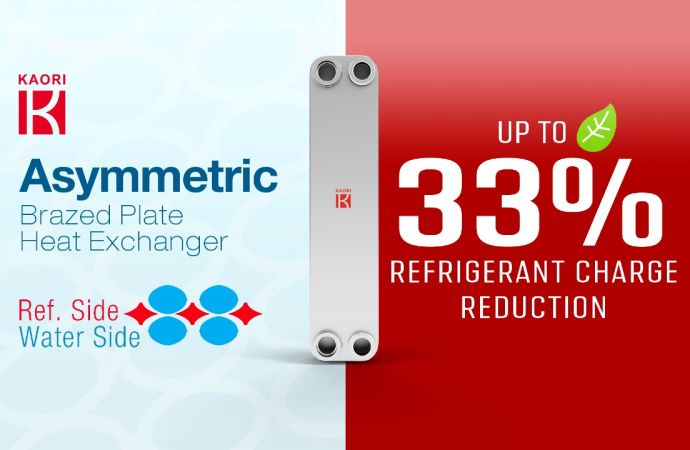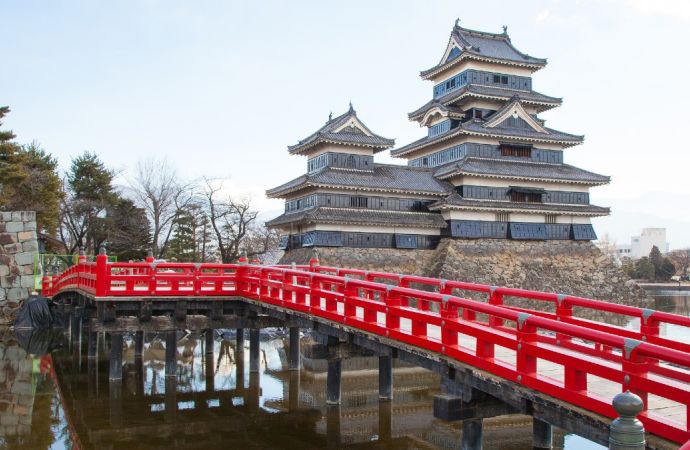The move could help accelerate the development of the natural refrigerant industry already underway in the country.

Kokkaigijido Parliament building, Tokyo, Japan. © Sean Pavone/ 123RF.com
Japan, a world leader in natural refrigerant adoption, has committed to being carbon neutral by 2050, said Prime Minister Yoshihide Suga on October 26 in his first policy speech to parliament since taking office last month.
“Responding to climate change is no longer a constraint on economic growth,” Suga said according to an article in The Washington Post. “We need to change our thinking to the view that taking assertive measures against climate change will lead to changes in industrial structure and the economy that will bring about great growth.”
Suga said in the article that innovation was key to achieving the goal, including next-generation solar cells and carbon recycling, and he promised investment in research and development, as well as deregulation and “green investment.”
Japan is a world leader in the use of CO2 residential heat pump water heaters and CO2 condensing units for commercial food retail refrigeration – with hydrocarbon-based equipment increasing in commercial applications as well. The adoption of CO2 refrigeration systems has also increased rapidly in the industrial cold storage sector in the past few years.
Japan has recently increased its focus on reducing emissions from fluorocarbons and supporting the adoption of natural refrigerant-based equipment.
In December of last year, the Japanese Ministry of Environment announced the launch of the “Initiative on Fluorocarbons Life Cycle Management (IFL)” during the COP25 conference in Madrid, Spain. The initiative aims to improve the rate of recovery and prevcent the leakage of fluorocarbons from equipment as well as promote the introduction of low-GWP and non-fluorocarbon refrigerant equipment in the country, Hidekazu Kuraya Director of the Office of Fluorocarbons Policy in Japan’s Ministry of the Environment, said in a presentation during the ATMOsphere Japan 2020 conference (organized by shecco, publisher of this website) in February.
Tokyo subsidies support zero emission goal
The Tokyo Metropolitan Government has already released its “Zero Emission Tokyo Strategy” last December, which aims to achieve zero emissions in Tokyo by 2050.
The initiative calls for several measures including an expansion of renewable energy sources, a reduction of building emissions and plastic use, the promotion of electric vehicle adoption, and others.
Among the measures is also a “zero fluorocarbon emissions” goal, which calls for a 35% reduction in HFC emissions by 2030 (as compared to 2014) and the eventual elimination of all HFC emissions by 2050.
The actions listed under this zero fluorocarbons goal include the “support of the introduction of non-fluorocarbon equipment,” combined with strengthened supervision around its use and disposal, especially for commercial refrigeration equipment.
The city provided ¥50 million (US$448,300) in subsidies in 2019 for the installation of non-HFC commercial refrigeration equipment to cover one-third of the installation costs for the end user. These subsidies are continuing through the 2020-2021 fiscal year, which lasts from April 2020 through March 2021.
Related stories



